
Put it Over There with the Others: More “Promising Preliminary” Evidence for Acupressure
Another day, another legitimate journal publishing a preliminary study practically designed to spit out a positive result. Also, acupuncture robots?
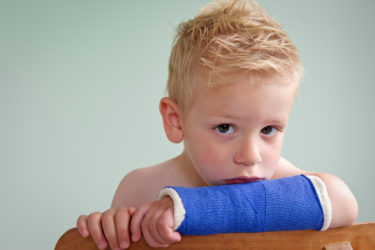
Think Twice Before Giving Young Children Reflux Medications
A recent study demonstrates an association between reflux medications in infancy and increased risk of fractures in early childhood, yet another reason to be cautious when using pharmaceutical interventions to manage a mostly benign and self-limited condition.
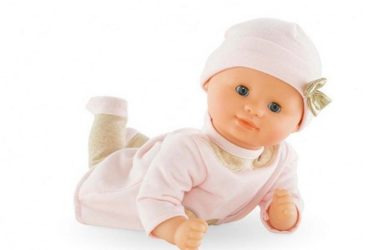
A Canadian Journalist Calls Out Pediatric Chiropractic Again, and the Canadian Chiropractic Association Responds…Again
The National Post has published another quality article pointing out the absurdity of infant chiropractic care. The Canadian Chiropractic Association's attempt at a rebuttal falls flat.
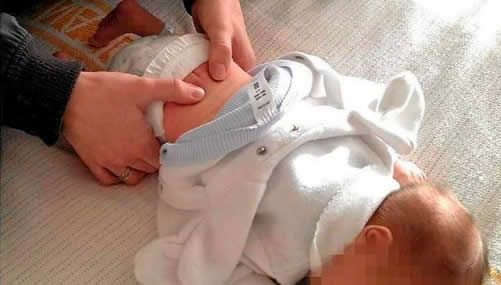
No. “Big Data” Does Not Support Chiropractic Care for Infants
A new study claims to have used "big data" to help answer the question of infant chiropractic effectiveness, but it's just another collection of anecdotes that adds nothing to our understanding of infant medicine.
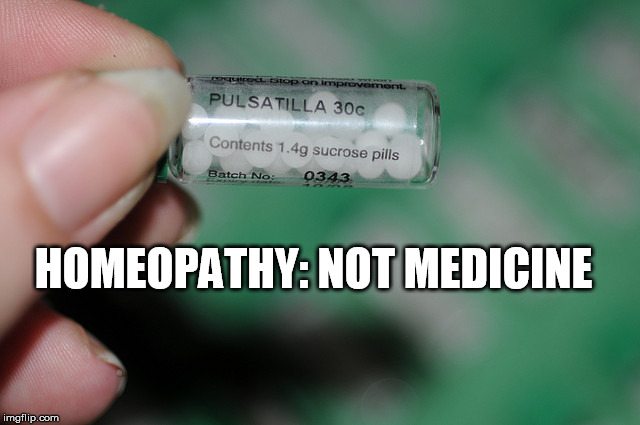
Belief in Homeopathy Results in the Death of a 7-Year-Old Italian Child
Yet another child has suffered and died because of belief in pseudomedical nonsense, this time when his parents chose homeopathy rather than appropriate medical evaluation.

U.S. Measles Elimination Status in Jeopardy as the Number of Cases Reach 25 Year High
Thanks in large part to anti-vaccine propaganda and decreasing vaccination rates, 2019 is shaping up to be a bad year when it comes to measles outbreaks, the worst in over 2 decades to be exact. And we are now at risk of losing our hard-fought elimination status.
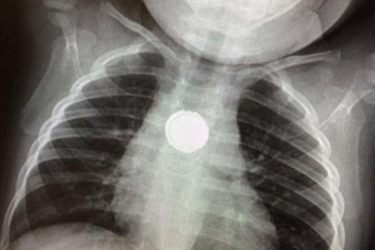
New Research Reveals a Startling Increase in Pediatric Foreign-Body Ingestions
New research has revealed a significant increase in pediatric foreign-body ingestions over the past 20 years, including life-threatening batteries and magnets.

Chiropractic Manipulation Under Anesthesia in Infants with Congenital Torticollis: All Risk and No Benefit
It may sound too unethical to be true, but some chiropractors and their conventional medical conspirators are placing infants under general anesthesia for treatment of congenital muscular torticollis

Science-Based Satire: American Academy of Pediatrics Releases New Guidelines on Corporal Punishment
In December of last year, the American Academy of Pediatrics updated their policy statement on effective discipline. Did it include an algorithm to help caregivers safely dose corporal punishment? No, that's actually pretty absurd. Offensive even, if you think about it. Don't though. Look...a squirrel!
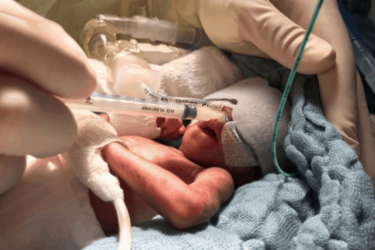
Using Intranasal Breast Milk to Treat Premature Infants with Intraventricular Hemorrhages
A recent study investigated intranasal breast milk as a treatment for brain bleeds in premature infants. It's a neat idea, but I don't find it all that plausible and the study conclusion is overly optimistic.

